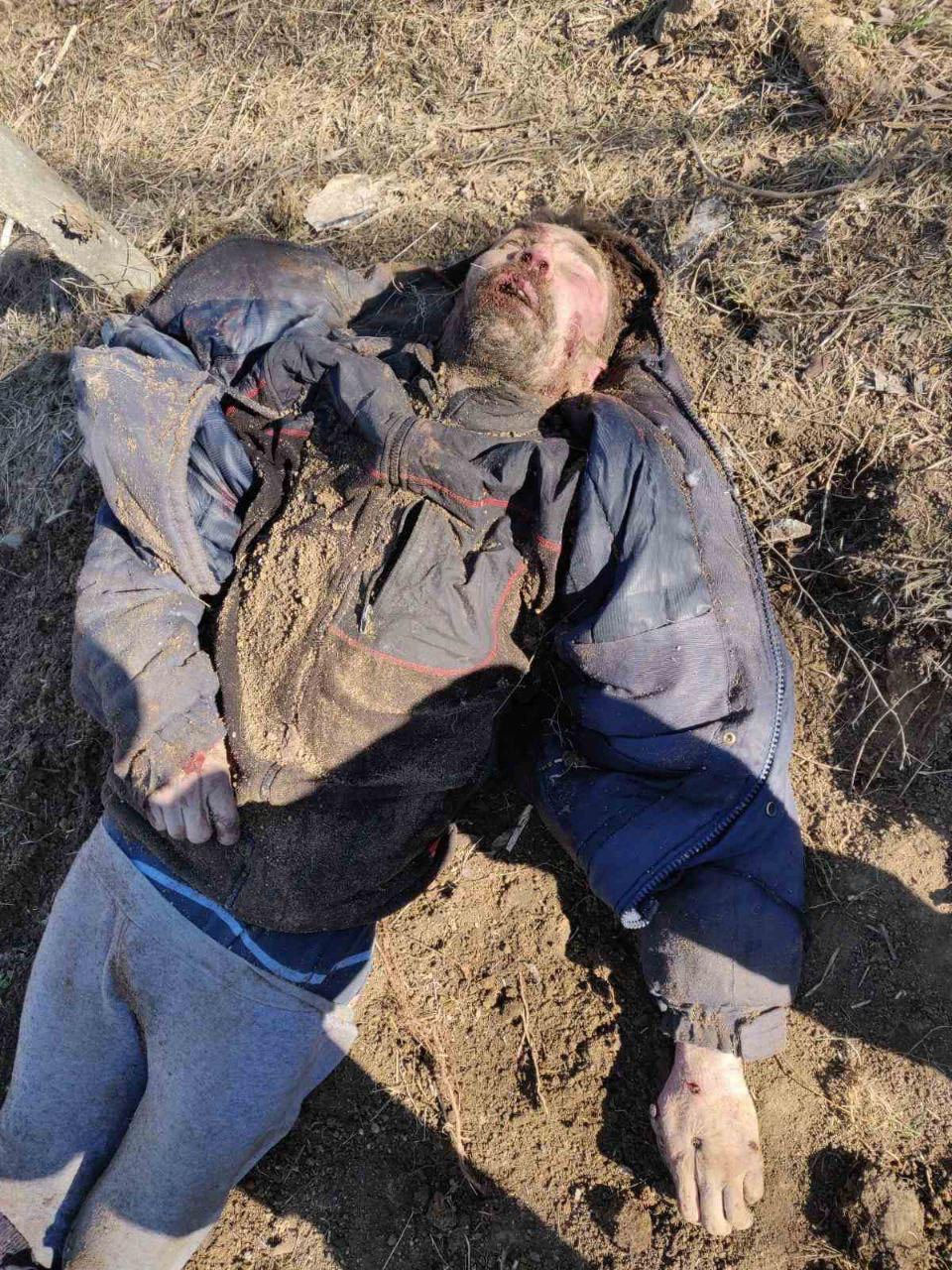

China, Russia, and Iran Signal Unity on Nuclear Issue, but Fault Lines Offer U.S. Leverage
New York — When representatives from China, Russia, and Iran gathered in Beijing on March 15, the trilateral meeting was billed as a...


Power Usurpation in Ukraine: How Zelensky and His Team Monopolized the State System
President Volodymyr Zelensky at a press conference in Kyiv on March 3 SERGEI SUPINSKY/AFP/GETTY IMAGES The systematic violation...


The Impact of the Trump Administration's Foreign Aid Freeze on U.S. National Security in the Middle East and North Africa
The Trump administration’s January 2025 executive order imposing a 90-day freeze on foreign aid and its subsequent efforts to dismantle...


Justice on the Horizon: Opportunities and Challenges Following Assad's Ouster
The unexpected fall of Syria's dictator, Bashar al-Assad, creates a rare opportunity for justice that was once unimaginable. Known as one...


US Dilemma and Alleged Double Standards on ICC Spotlighted by Taliban Prosecution
International Criminal Court Prosecutor Karim Khan declared on Thursday, January 23, 2025, that his office is requesting arrest warrants...


Комментарии